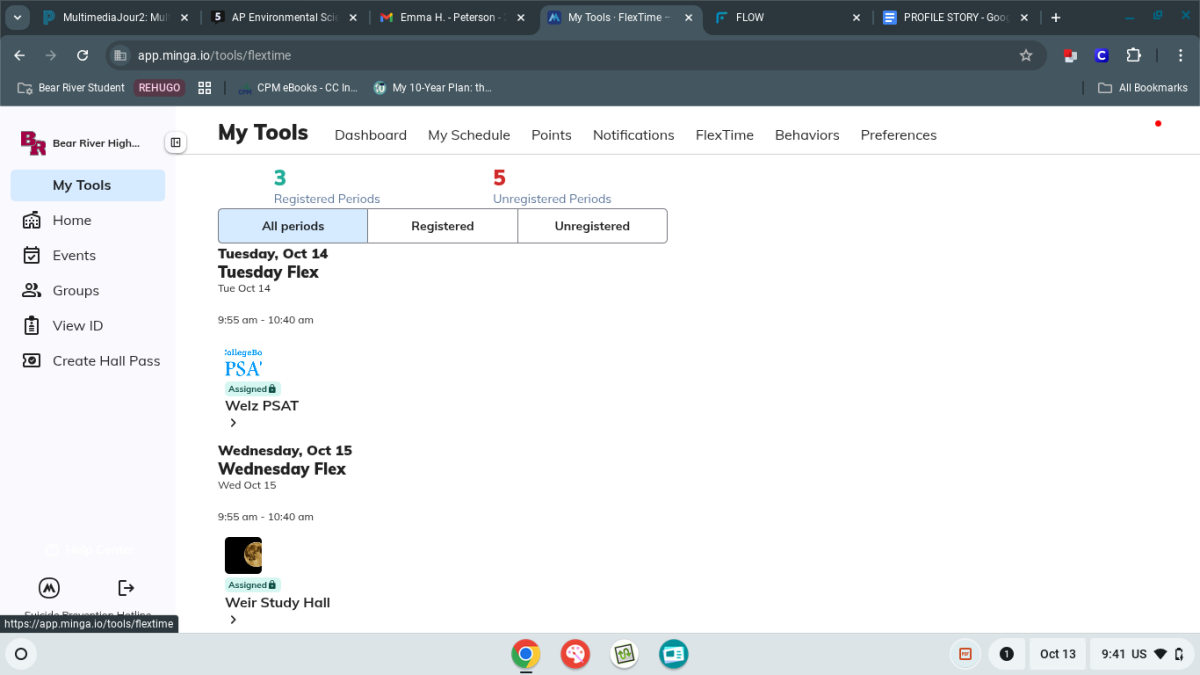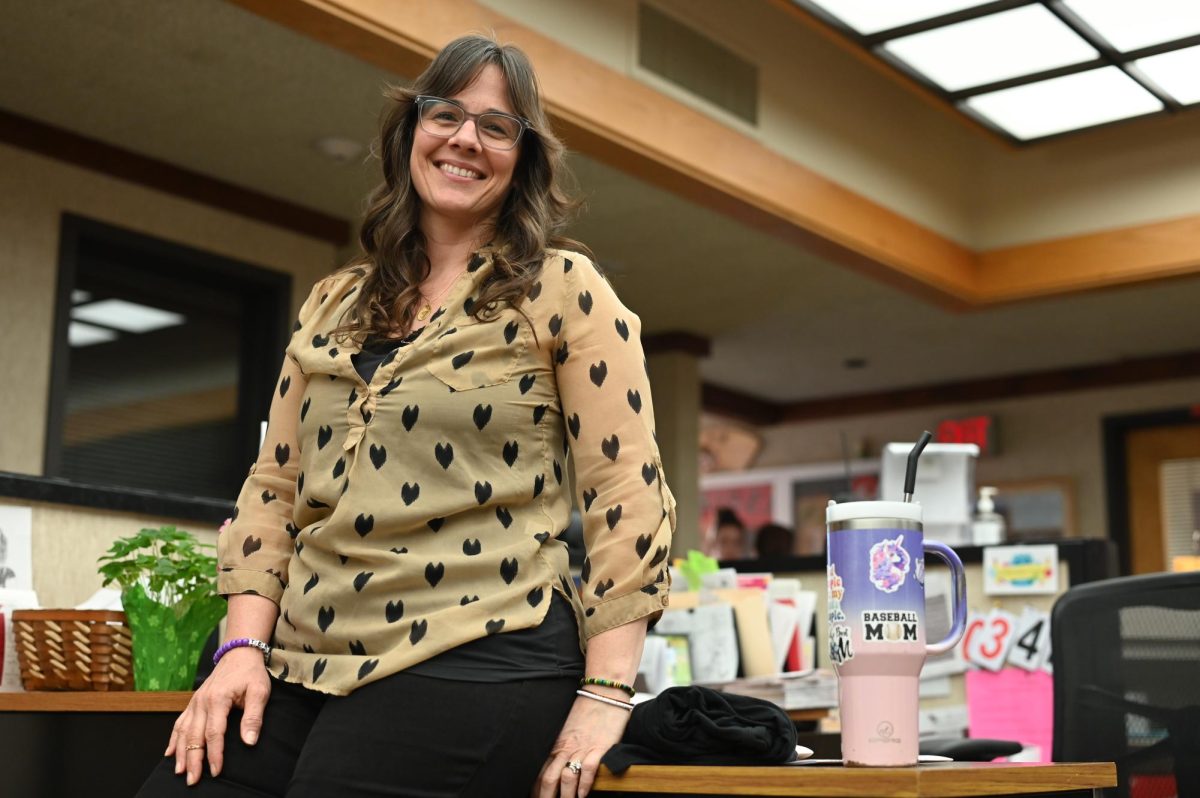The freshman class at Bear River does not learn enough in Health due to repetitive material, and most students, including myself, feel bored in the class and feel that the excessive teaching of the material is unnecessary.
Some freshmen described the repetitive nature of the curriculum, and felt like that was the reason for the class not teaching students enough information.
“No, I don’t [think we’re being taught enough], because this is all stuff we’ve already learned,” said Freshman Leilani Sauvageau. “The standards in that class are too high. We’ve already learned all of this material in seventh and eighth grade. Also, we elaborate too much on topics that don’t need to be brought up as much.”
Others felt they were learning enough, but still noted the repetitiveness.
“Well, I think we are being taught enough. It’s just that the material is really repetitive, and we do a lot of the same thing over and over again,” said Caitlin Parker, another freshman. “It’s kind of like they’re trying to … literally drill it into our heads.”
Freshman Chase Milligan felt as though that time is unevenly spent in different sections.
“[We’re not learning enough] in certain places, in others I think they’re teaching too much,” said Milligan. “Like, when we were learning sex ed … and the lady that was brought in to teach sex ed, she’s just too over the top. She thinks we have to do everything perfectly, and the only thing I liked about that was when we answered a question right, she’d give us candy.”
I agree with these statements. Many of the subjects we are covering in Health have been taught before in previous grade levels, and to go over it all again is a waste of time when we could be doing other things, such as taking other electives to ensure we reach our credit goals in order to graduate high school.
However, Jennifer Krill, the Frosh Health teacher, had slightly different feelings about the material and plans to better it in the future.
“I feel like the health curriculum is pretty thorough, although we lose out on quite a few days in the first semester with our frosh classes due to school requirements,” she said. “As a first year health teacher, I definitely see things that we should focus on more in the future, and I plan to research additional curriculum for future classes.”
Parker described her feelings on the material taught in Health.
“I feel like people should have an option whether they want to hear some of the stuff or not,” she said. “Some people might be sensitive to that type of stuff and they don’t want to hear it, but they have to, and so that bothers them.”
Again, I personally feel the same way. Some students might have personal issues with some of the topics in the Health curriculum, and should be able to choose whether they want to be exposed to it or not.
Milligan expressed his favorite part of Health.
“I’d probably have to say just the fact that it’s a class that is pretty big, that’s about it, because there are more people to hang around with,” he said.
The class is currently studying nutrition and how to balance food with physical exercise, and precisely how much of each they should be consuming or performing. A few freshmen had some comments on the importance of this topic.
“It’s important, but do I think about it on a daily basis?” said Parker. “No … I probably should, but I don’t.”
I think nutrition is an important topic for freshmen to learn, but I feel like it should have been more emphasized and spread out more instead of crammed into the last two weeks of the semester. There’s a lot of work involved with the current unit, and it’s a lot to complete in the short amount of time left before the winter break.
Sauvageau shared her additional thoughts about the class.
“We should not have to take that class, because it is pointless,” she said.
Health is a good class to participate in, I won’t argue with that. However, some topics don’t need to be emphasized as much, while others should have more emphasis on them.



































